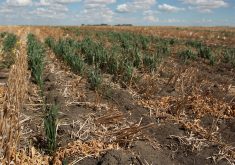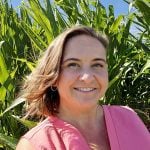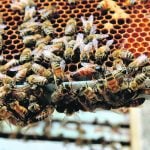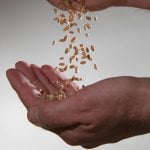Manitoba farmers wonder whether they are getting a fair shake from grain companies for dockage on grain delivered to elevators.
During its general council meeting in Brandon July 6, Keystone Agriculture Producers approved a resolution to begin investigating that issue.
“The committee felt it would be worthwhile to look into the whole issue and find out, technically and legally speaking, who owns the dockage,” said Chuck Fossay, speaking on behalf of KAP’s grains, oilseeds and pulses committee.
“This is one of the issues that’s coming forward as the grain industry rationalizes and we look at ways to increase returns on the value of the grain that we’re getting here,” said Fossay.
Read Also
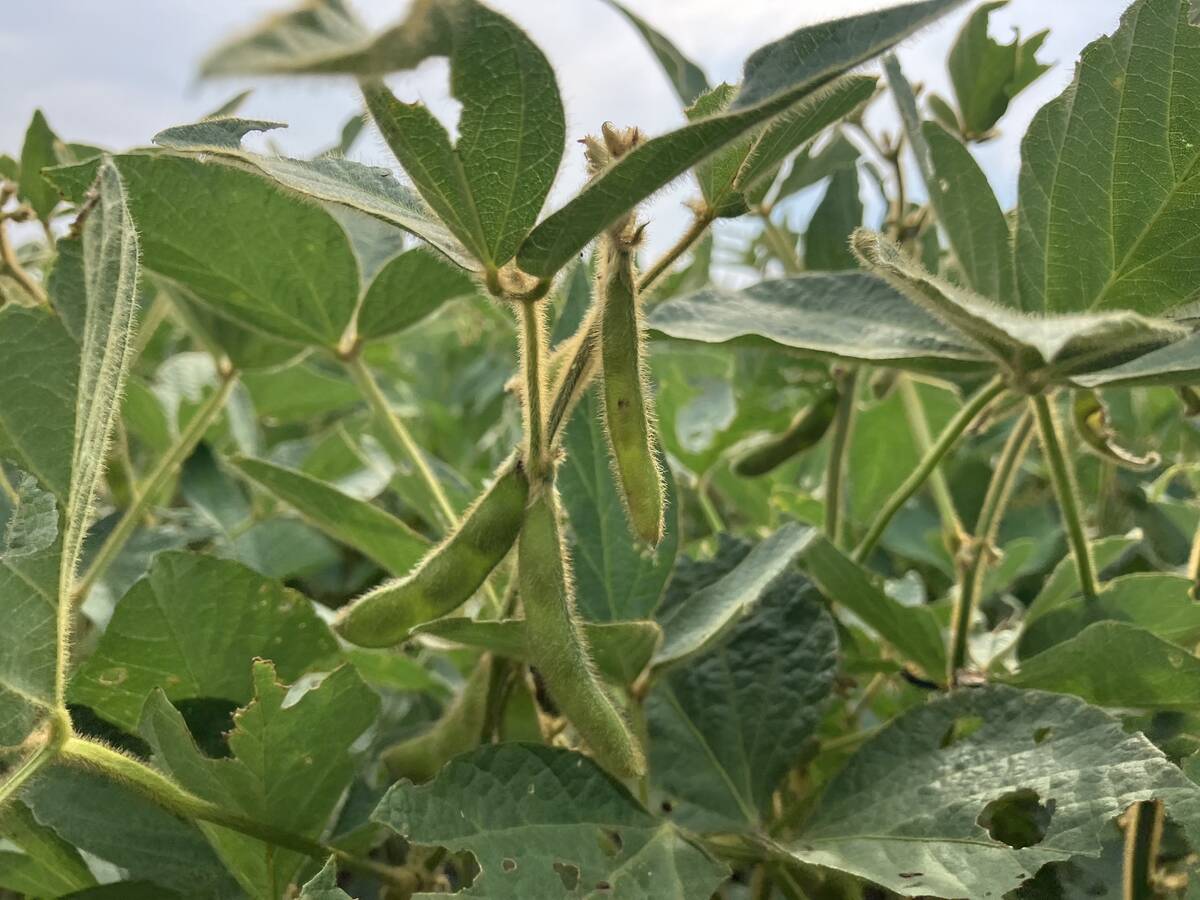
U.S. loses out on sales of soybean to China
U.S. soybean exporters risk missing out on billions of dollars worth of sales to China this year as trade talks drag on and buyers in the top oilseed importer lock in cargoes from Brazil.
Grain companies can make money on dockage from farmers’ grain by converting it into livestock feed. One of the questions is whether a share of that benefit somehow flows back to producers.
“If grain companies are making money from dockage, are they reducing the elevation charges by a similar amount when they clean that grain,” said Fossay, citing an example of the kinds of questions they will be asking.
He did not have an estimate of how much dockage there is in Western Canada each year.
A review of the issue by KAP likely will take several months.
The findings may be presented for discussion at the farm group’s annual meeting in January.
An ability to clean more grain on the Prairies, rather than at port, was one of the justifications used by advocates of grain industry consolidation in the 1990s, Fossay said.
The consolidation resulted in more high throughputs and far fewer wooden country elevators on the Prairies. KAP will look into whether the change resulted in more producers being able to get their screenings back for feeding their own livestock.
Reg Dyck, a KAP member and producer from Starbuck, Man., urged caution, noting that a gain in one place could be offset by a loss in another
“If we get paid for dockage, will (grain companies) take it from somewhere else?”







